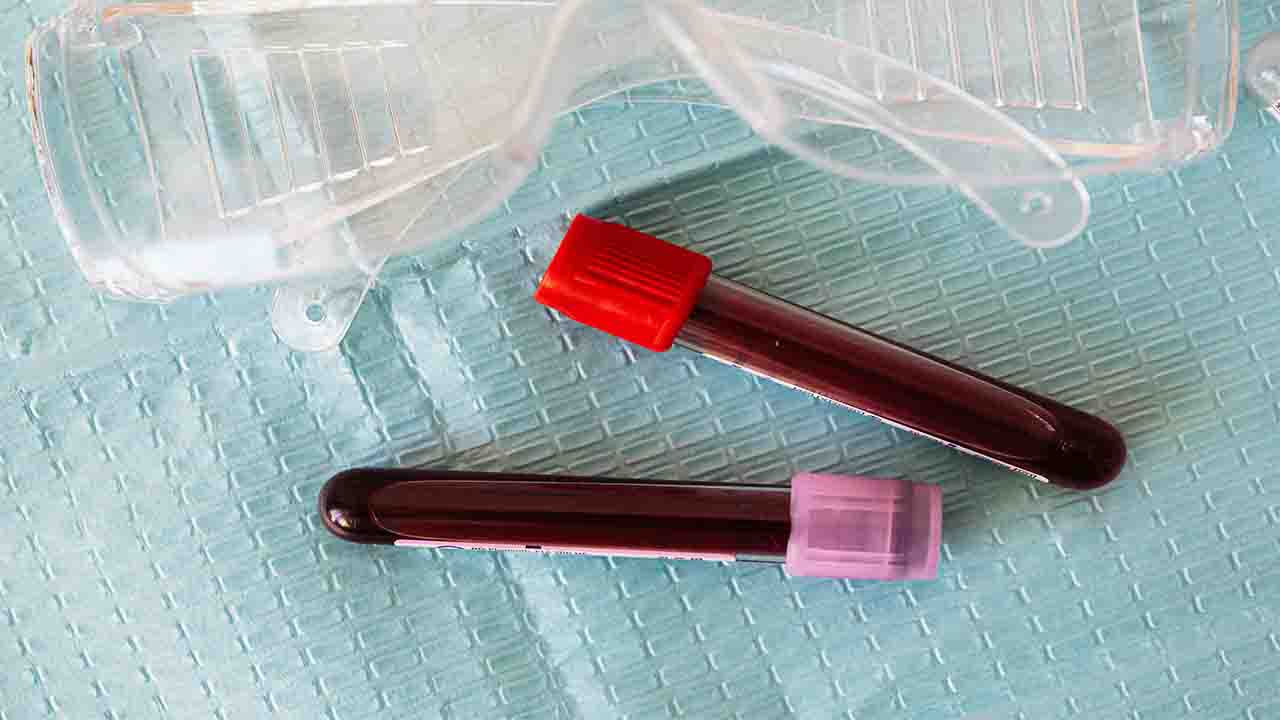Health UK (Commonwealth Union) – A groundbreaking method for enhancing the diagnosis of bipolar disorder has been developed by researchers. This innovative approach involves a straightforward blood test designed to identify specific biomarkers associated with the condition.
The research team, hailing from the University of Cambridge, employed a combination of an online psychiatric assessment and a blood test to accurately diagnose individuals with bipolar disorder, a significant number of whom had previously received misdiagnoses of major depressive disorder.
The researchers assert that the blood test alone has the capacity to diagnose up to 30% of individuals with bipolar disorder. Nevertheless, its diagnostic efficiency is even more pronounced when coupled with a digital mental health assessment.
The integration of biomarker testing holds the potential to aid healthcare professionals in distinguishing between major depressive disorder and bipolar disorder, two conditions with overlapping symptoms but necessitating distinct pharmacological treatments.
While the blood test is presently in the proof-of-concept stage, the research team anticipates that it could emerge as a valuable complement to the existing psychiatric diagnostic tools, shedding light on the biological underpinnings of mental health disorders. The findings have been documented in the journal JAMA Psychiatry.
Bipolar disorder affects roughly 1% of the global population, encompassing as many as 80 million individuals worldwide. Remarkably, almost 40% of those afflicted with bipolar disorder receive a misdiagnosis of major depressive disorder.
Dr. Jakub Tomasik, the lead author of the study and a member of the University of Cambridge, Department of Chemical Engineering and Biotechnology, indicated that, individuals with bipolar disorder oscillate between periods of low mood and episodes of heightened mood or mania. However, patients frequently seek medical attention during their low mood phases, leading to the frequent misclassification of bipolar disorder as major depressive disorder.
The most reliable method for obtaining an accurate diagnosis of bipolar disorder entails undergoing a comprehensive psychiatric assessment. Nevertheless, patients frequently encounter extended waiting times for these evaluations, which also consume a considerable amount of time.
According to Tomasik, while psychiatric assessments are highly effective, the potential to diagnose bipolar disorder through a straightforward blood test could not only ensure that patients receive the correct treatment from the outset but also take away some of the burdens on healthcare professionals.
To accomplish this, the researchers harnessed data and samples from the Delta study, conducted in the United Kingdom between 2018 and 2020, with the objective of identifying bipolar disorder in individuals previously diagnosed with major depressive disorder within the past five years, who were currently experiencing depressive symptoms. The study participants were recruited online via voluntary response sampling.
Over 3,000 individuals were enrolled, each completing a comprehensive online mental health assessment comprising more than 600 questions. This assessment encompassed various facets relevant to mental health disorders, including past and present episodes of depression, generalized anxiety, signs of mania, family history, and substance abuse.
Among the participants who completed the online assessment, approximately 1,000 were chosen to submit a dried blood sample obtained via a simple finger prick. The researchers subjected these blood samples to a thorough analysis utilizing mass spectrometry, examining over 600 distinct metabolites. Subsequently, following the administration of the Composite International Diagnostic Interview, a fully structured and validated diagnostic instrument for establishing mood disorder diagnoses, 241 participants were included in the study.
Data analysis revealed a pronounced biomarker signal indicative of bipolar disorder, even after adjusting for potential confounding variables like medication. These identified biomarkers were primarily associated with the lifetime occurrence of manic symptoms and were verified in a separate cohort of patients who received a new clinical diagnosis of either major depressive disorder or bipolar disorder during the one-year follow-up period of the study.
The findings from this research indicate that the amalgamation of patient-reported information and the biomarker test substantially enhances diagnostic accuracy for individuals with bipolar disorder, particularly in cases where the diagnosis may not be readily apparent.








